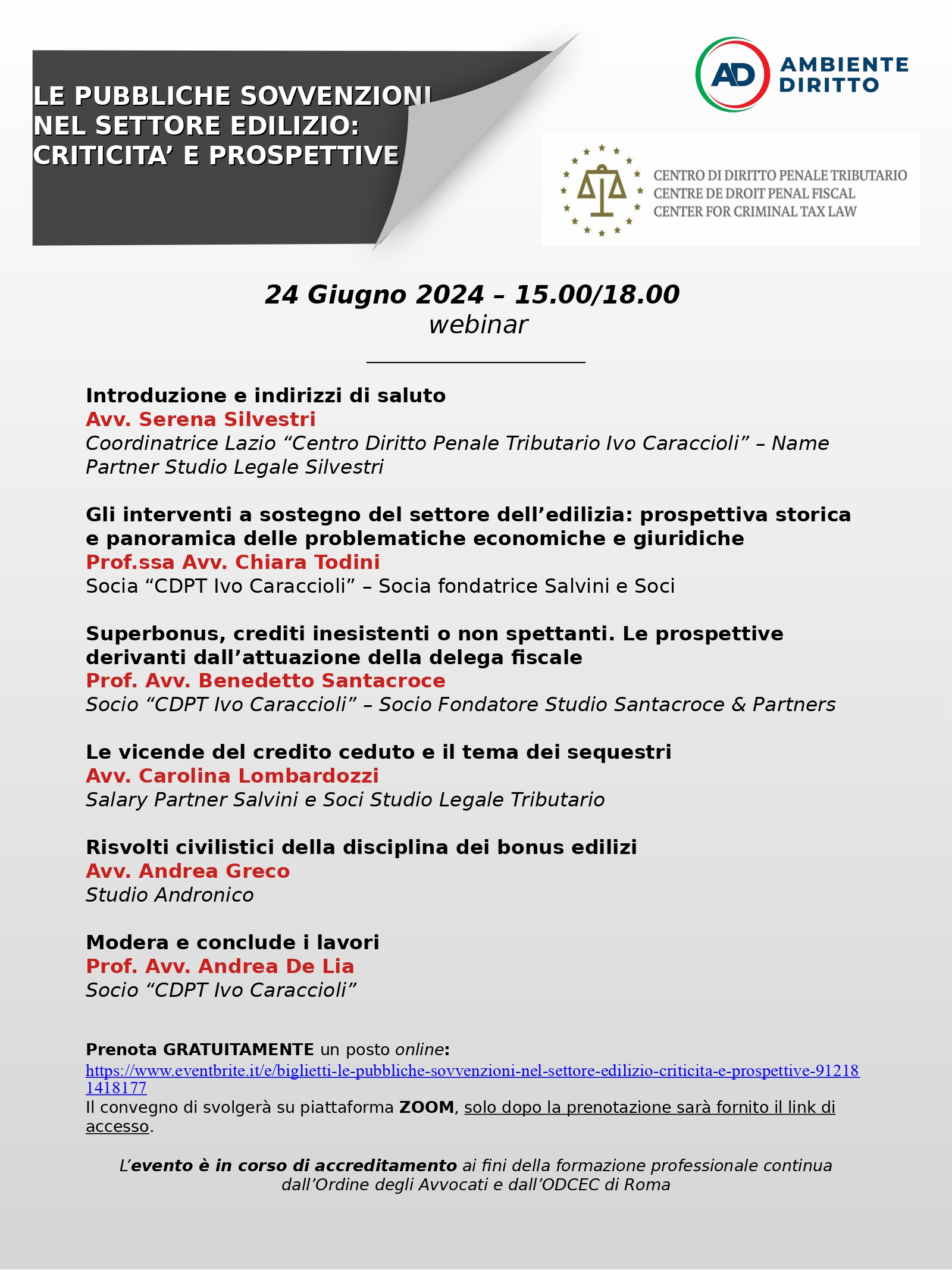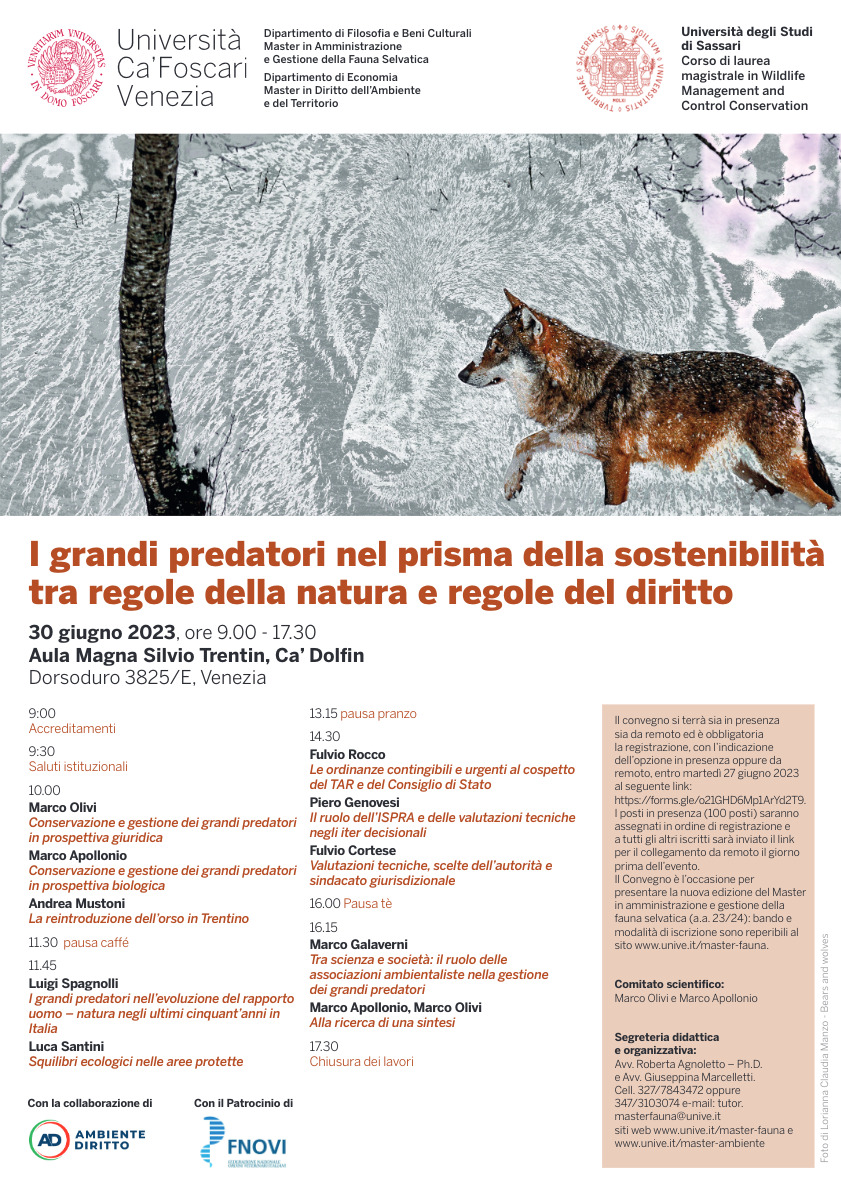
LE PROCEDURE “D’URGENZA” AL TEMPO DELLA PANDEMIA: ALCUNE RIFLESSIONI SUGLI ARTT. 63 E 163 DEL CODICE DEI CONTRATTI PUBBLICI.
Gianluigi Delle Cave
Abstract: nel complesso quadro giuridico e fattuale generato dal Covid-19, è utile soffermarsi su alcuni istituti, previsti dal nostro ordinamento, atti ad affrontare momenti di stallo e di incertezza come quelli odierni. Con riferimento al complesso e travagliato settore dei contratti pubblici, il d.lgs. n. 50/2016 contempla due ipotesi di affidamenti c.d. “urgenti”: (i) le procedure di “estrema urgenza”, regolate all’art. 63; (ii) le ipotesi di “somma urgenza”, regolate all’art. 163. Tali procedimenti, sebbene in principio idonei ad approntare una tutela immediata a situazioni emergenziali, non dovrebbero mai essere invocati “tout court”: facendo venire meno l’assegnazione del bene mediante gara, infatti, potrebbero verificarsi importanti effetti distorsivi sulla concorrenza tra le imprese, che comprometterebbero, sul lungo periodo, anche il benessere dei cittadini. Fenomeni complessi come quelli generati dal COVID-19, possono essere gestiti, dunque, solamente cambiando l’ottica sulle procedure de qua, notazione che dovrebbe indurre le pubbliche amministrazioni – anche dopo l’emergenza – ad abbandonare cattive prassi che hanno l’unico effetto (non utile) di rendere difficile ogni acquisto, anche il più essenziale. Come auspicato anche dagli organi comunitari, le procedure negoziate d’urgenza, nei limiti previsti a tutela della trasparenza, della pubblicità e della concorrenza, potrebbero rivelarsi uno strumento affidabile e decisivo per ottenere un miglior rapporto qualità-prezzo e un accesso più ampio alle forniture disponibili. Adottando le opportune cautele volte a favorire la massima partecipazione e a garantire la par condicio tra i concorrenti, il ricorso alle procedure in esame, nei limiti sopra esposti, può ritenersi non solo uno strumento pienamente legittimo, ma anche utile ai fini del delicato bilanciamento tra diritto/protezione della salute ed altri beni o interessi pure di primario rilievo (quale, con riferimento al caso in esame, la tutela della concorrenza e della massima partecipazione alle gare d’appalto).
In the complex legal and factual framework generated by Covid-19, it is useful to focus on a couple of institutes, provided for by our legal system, that are able to face moments of impasse and uncertainty such as those of today. With reference to the complex and troubled area of public contracts, Legislative Decree no. 50/2016 provides for two hypotheses of so-called “urgent” assignments: (i) the procedures of “extreme urgency”, regulated by art. 63; (ii) the hypotheses of “sum urgency”, regulated by art. 163. These procedures, although suitable in principle to provide immediate protection to emergency situations, should never be invoked “tout court”: since there is no award of the goods through public tender, in fact, there could be important distortive effects on competition between companies, which could compromise, in the long term, also the welfare of citizens. Complex events such as those generated by the COVID-19, can be managed, therefore, only by changing the perspective on the procedures in question, which should lead public administrations – even after the emergency – to leave bad practices that have the sole (not useful) effect of making difficult any purchase, even the most essential. As also hoped for by the Community bodies, the emergency negotiated procedures, within the limits provided for to protect transparency, publicity and competition, could be a reliable and decisive tool for achieving better price/quality balance and wider access to available supplies. Adopting the appropriate precautions aimed at encouraging maximum participation and ensuring parity among competitors, the use of the procedures in question, within the limits set out above, can be considered not only fully legitimate, but also useful for the delicate balance between law/protection of health and other assets or interests of primary importance (such as, with reference to the case in point, the protection of competition and maximum participation in tenders).
SOMMARIO: 1. L’ “urgenza” nel Codice dei Contratti Pubblici: l’art. 63 – 2. L’art. 163 e le procedure di “somma urgenza” – 3. Le disposizioni in materia di contratti pubblici al tempo della pandemia – 4. Le procedure d’urgenza al cospetto della Commissione UE – 5. Considerazioni finali.
Scarica allegato





 AMBIENTEDIRITTO.IT EDITORE
AMBIENTEDIRITTO.IT EDITORE